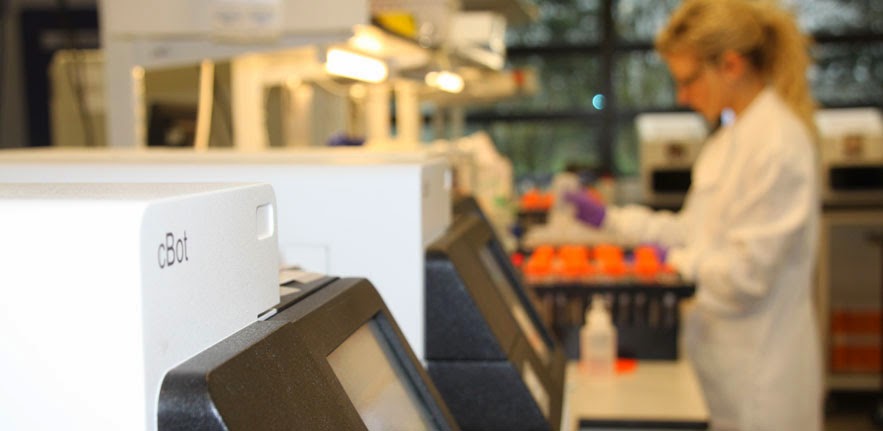"Doesn't necessarily do what it says on the tin!"
Probably not is the simple answer, and only if you've verified it is a more comprehensive one. The lack of reproducibility from antibody data in scientific publications is shocking, Nature published a commentary signed by over 100 researchers: Reproducibility: Standardise antibodies used in research, in which they describe the pretty poor state of antibody reproducibility. In this they cite a 2008 BioTechniques article, and a 2012 Nature commentary that discuss the state of affairs with antibodies in particular, and with reproducibility in general. In the BioTechniques paper the authors finish by saying that "for the meantime, however, the responsibility ultimately lies with the
researcher or laboratory director to ensure that the antibodies used in
their labs are validated for specificity and reproducibility."
Antibodies sold as being specific for a protein are oftentimes not, they can be very promiscuous in what else they bind and sometimes don't even bind the targeted protein. To make sure you are not affected by poor choices of antibodies make sure you run some validation studies before diving into your ChIP-seq experiments!
Not doing this risks wasting money (a lot according to the Nature article -see figure below). But more importantly you might waste your time, or even worse publish something that is erroneous. Hopefully you've already validated that your MCF7 cells are actually MCF7s with the BioRepository, so why not do the same with your antibody before starting your next experiment?
 |
| Figure from Bradbury and Plückthun Nature 2015. |
